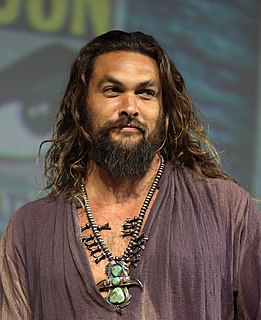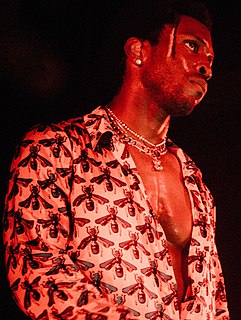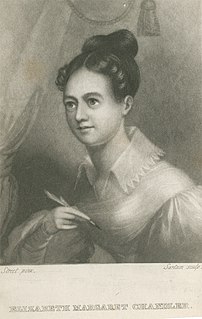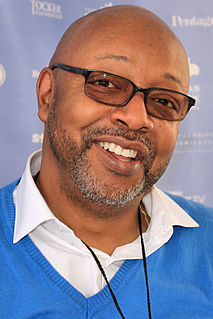A Quote by Joe Sacco
When I went to Bosnia, I was there to tell someone else's story and I was more methodical.
Related Quotes
Technology adds nothing to art. Two thousand years ago, I could tell you a story, and at any point during the story I could stop, and ask, 'Now do you want the hero to be kidnapped, or not?' But that would, of course, have ruined the story. Part of the experience of being entertained is sitting back and plugging into someone else's vision.
Toni Morrison said, "The function of freedom is to free someone else," and if you are no longer wracked or in bondage to a person or a way of life, tell your story. Risk freeing someone else. Not everyone will be glad that you did. Members of your family and other critics may wish you had kept your secrets. Oh, well, what are you going to do?
People are always pleased to indulge their religiosity when it allows them to stand in judgment of someone else, licenses them to feel superior to someone else, tells them they are more righteous than someone else. They are less enthusiastic when religiosity demands that they be compassionate to someone else. That they show charity, service and mercy to everyone else.

































